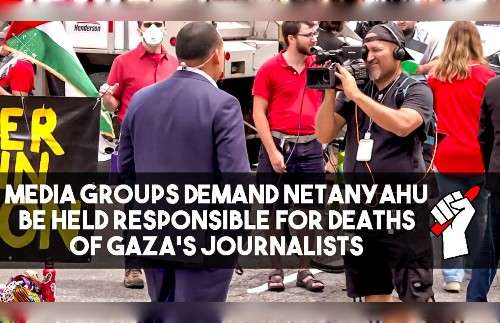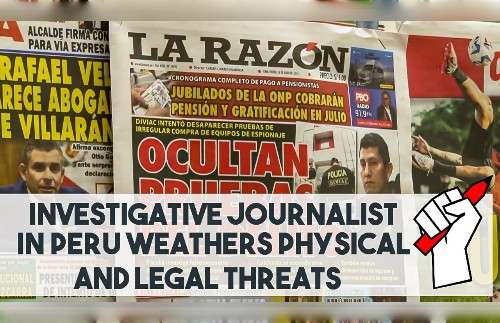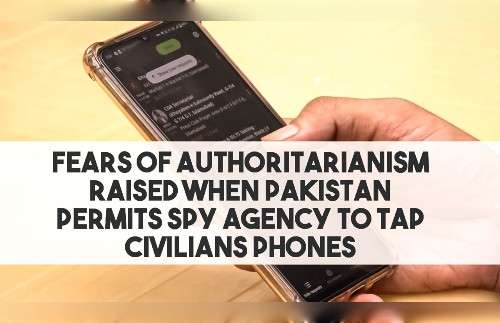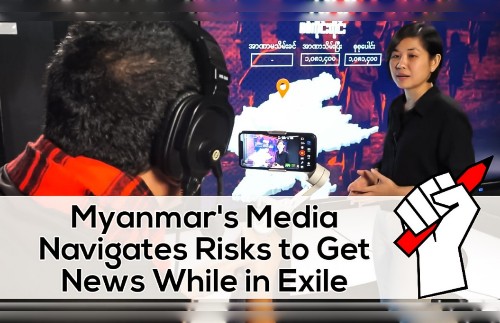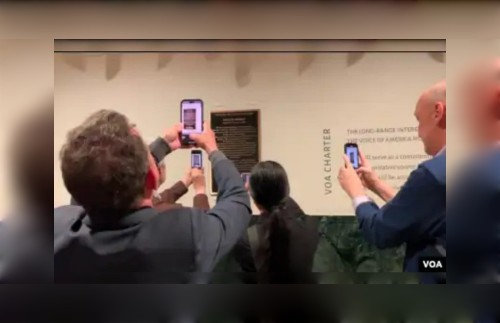
The management of the relationship with migrants in Malaysia, characterized in recent months by deportations and arrests, has raised concerns on behalf of organizations defending human rights and freedom of expression, also given the threats against journalists who dealt with the case. A video shot and posted on the net in recent days – the work of the Qatari broadcaster “Al Jazeera” – documents the arrest of undocumented migrants during the Covid-19 pandemic. The documentary “Locked Up in Malaysia Lockdown” – was criticized by the authorities as “inaccurate, misleading and unfair” and the Ministry of Defense called on the mass media to apologize claiming that the allegations of racism and discrimination against undocumented migrants were false. The police have announced an investigation into the Arab station’s staff for crimes such as potential sedition, defamation and violation of the Communications and Multimedia Act.
Qatari TV has rejected the accusations: but the whole affair is a sign of the conflict that has arisen between the government and journalists. Yet Reporter Sans Frontieres (RSF), the largest organization to defend press freedom, recently wrote that “after the surprise defeat of the party of ex-premier Najib Razak in May 2018, a breath of fresh air began to blow on the freedom of the press; the blacklisted journalists and mass media were able to resume their activity and the general environment in which the journalists operate has significantly eased; self-censorship has shrunk enormously and the country’s publications now present much more balanced views between the opposition and the majority”.
The honeymoon ended with the Covid-19 pandemic. The first signs came after an investigation by the “South China Morning Post” newspaper on the condition of migrant workers (over 5 million in Malaysia) and in particular after an article documenting the violent arrest of hundreds of migrants within three dormitories in a “red zone” in the capital Kuala Lumpur on 1 May.
In Malaysia, RSF reports, “the executive still has an absolutely draconian legislative arsenal to crack down on press freedom: the Sedition Act of 1948, the Official Secrets Act of 1972, the Press and Publications Act of 1984 and the Communications and the surprise defeat of the party of ex-premier Najib Razak in May 2018, a breath of fresh air began to blow on the freedom of the press; the blacklisted journalists and mass media were able to resume their activity and the general environment in which the journalists operate has significantly eased; self-censorship has shrunk enormously and the country’s publications now present much more balanced views between the opposition and the majority”.
In Malaysia, RSF reports, “the executive still has an absolutely draconian legislative arsenal to crack down on press freedom: the Sedition Act of 1948, the Official Secrets Act of 1972, the Press and Publications Act of 1984 and the Communications and the multimedia Law of 1998, which hangs like a sword of Damocles on journalists”.
Malaysia is not the only country in Asia to have tightened the knit of freedom of expression, as the case of Philippine journalist Maria Ressa shows: in civil society appeals have multiplied in her favor. In Myanmar, several journalists have been charged with interviewing guerrilla groups called “terrorists”.
–Agenzia Fides
Escaping from Scam Center on Cambodia’s Bokor Mountain
UN Security Council Meets to Discuss Children and Armed Conflict
10 Shocking Revelations from Bangladesh Commission’s Report About Ex-PM Hasina-Linked Forced Disappearances
Migration Dynamics Shifting Due to New US Administration New Regional Laws
UN Security Council Meets to Discuss the Maintenance of International Peace and Security and Artificial Intelligence
Winter Brings New Challenges for Residents living in Ukraine’s Donetsk Region
Permanent Representative of Israel Briefs Press at UN Headquarters
Hospitals Overwhelmed in Vanuatu as Death and Damage Toll Mounts from Quake
Subscribe Our You Tube Channel
Fighting Fake News
Fighting Lies
















